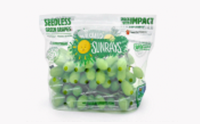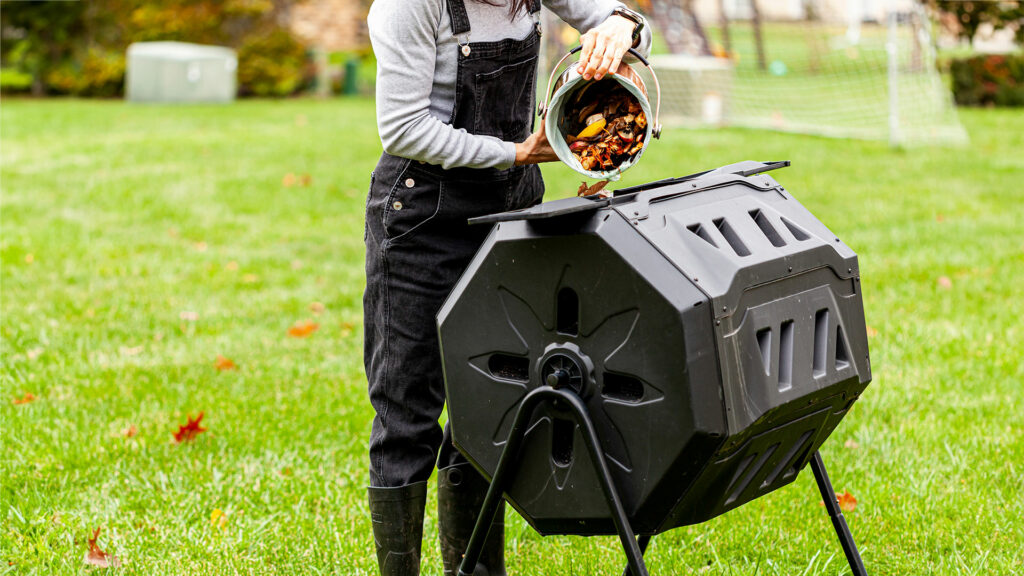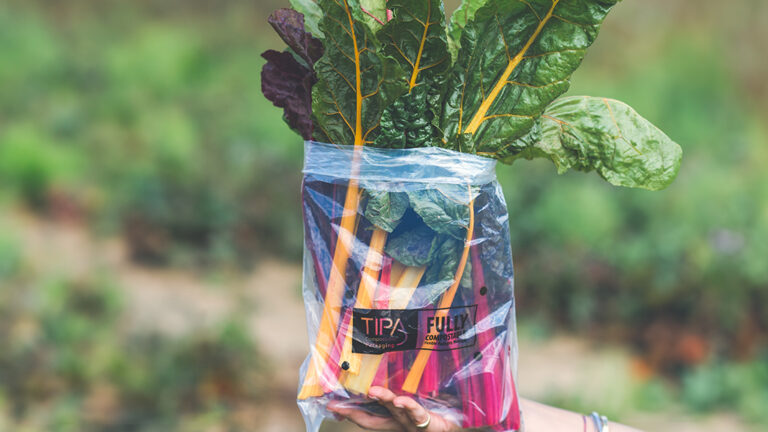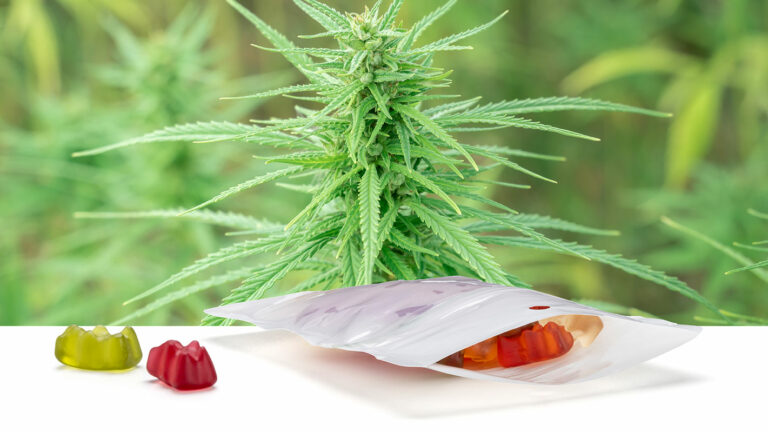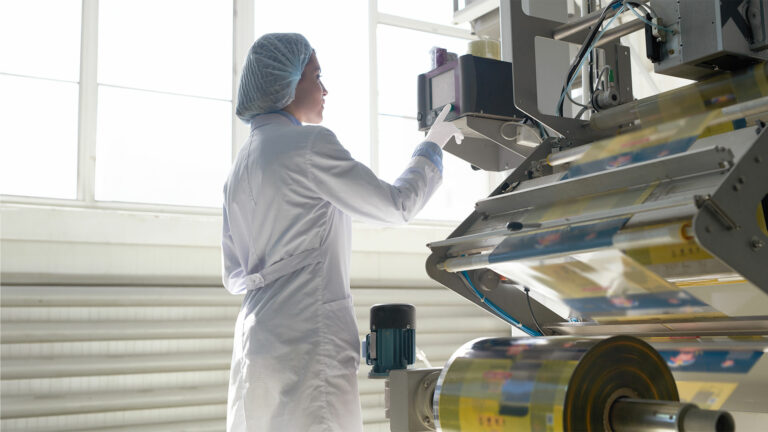Over fifty years ago, long before the Green Party’s rise in the UK and broader environmental awareness, King Charles III (then Prince of Wales) began his crusade against plastic pollution. He emerged as a pioneering environmental advocate within the British Establishment, championing eco-friendly practices well ahead of his time.
Early Advocacy: A Royal Vision for Environmental Change
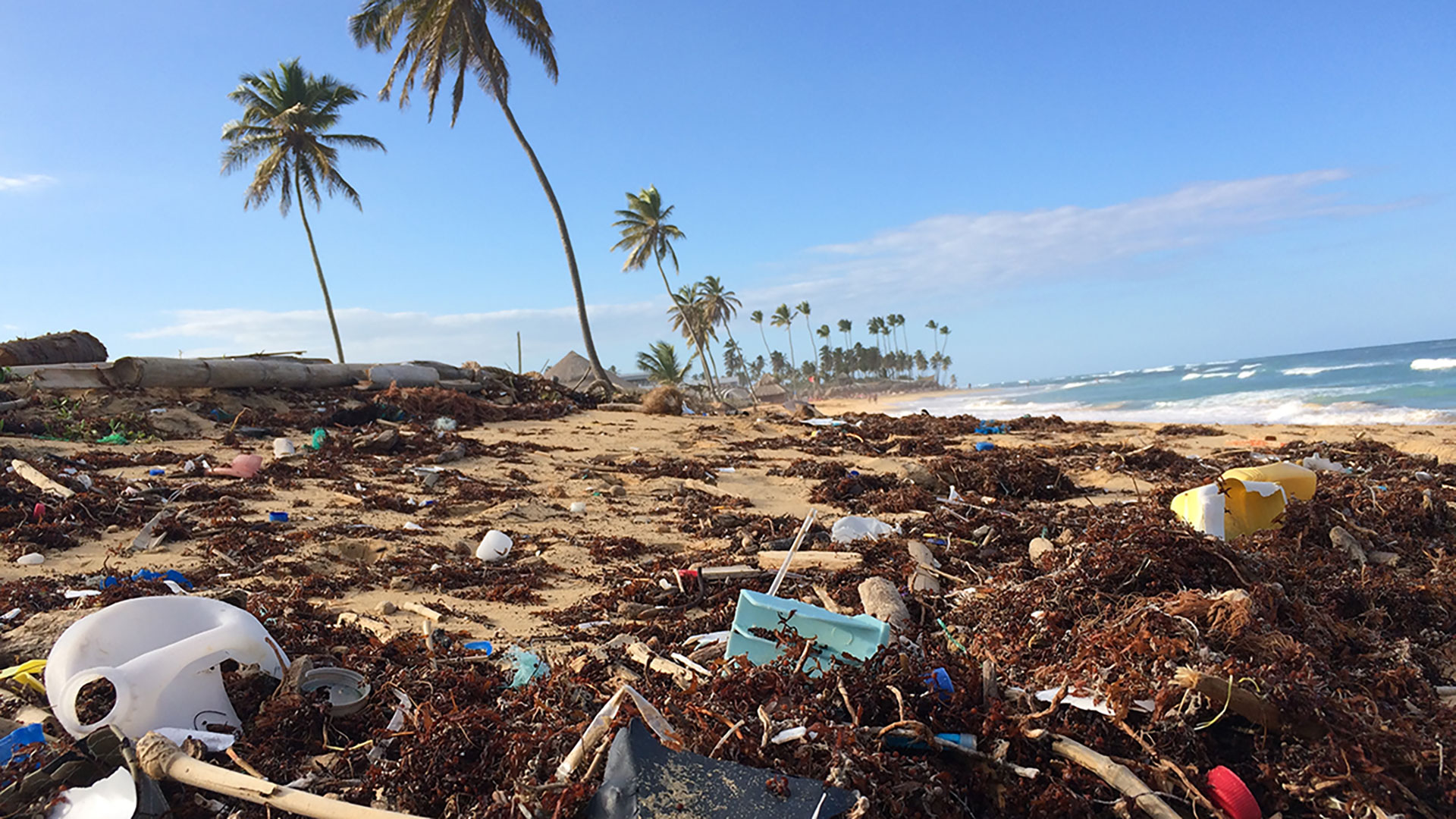
In the 1980s, despite skepticism from media like The Guardian, Prince Charles was unwavering in his environmental efforts, exemplified by his creation of a bottle bank at Buckingham Palace. His commitment extended to speeches and correspondence with ministers on environmental preservation. In 2019, he launched the Sustainable Markets Initiative, underpinned by the ‘Terra Carta’ to encourage businesses to embrace nature’s power and innovation. Upon ascending the throne in September last year, King Charles III expressed his continued dedication to these deep-rooted environmental causes.
King Charles III’s deep commitment to environmental sustainability was evident in 2013 when he established the Duchy Future Farming programme with the Soil Association. This initiative was designed to support and guide UK farmers and growers in researching and implementing organic farming methods. Additionally, he championed the use of compostable packaging in the company, pushing towards more sustainable, circular solutions in line with his environmental ethos.
King Charles III believes in nature’s unparalleled ability to recycle. This principle is actively practiced on his Sandringham estate, where compostable packaging and food waste are combined to create organic compost for the gardens. Similarly, at Highgrove, the head gardener uses discarded papers, food scraps, and garden waste to produce compost, further embodying the King’s commitment to sustainable practices.
From Royal Estates to Global Summits: Advancing Sustainable Practices
At the COP 28 summit, King Charles highlighted the importance of being in harmony with nature, referencing the interconnectedness of all life on Earth. He emphasized the role of compostable materials in aligning with this philosophy. By using compostables, we help return nutrients to the soil, supporting the natural cycle and maintaining ecological balance.
King Charles’ approach to environmental issues, which emphasizes natural processes like composting, is seen as more effective compared to the methods advocated by the Secretary of State for the Environment. The latter’s department primarily focuses on mechanical and chemical recycling as solutions to plastic pollution.
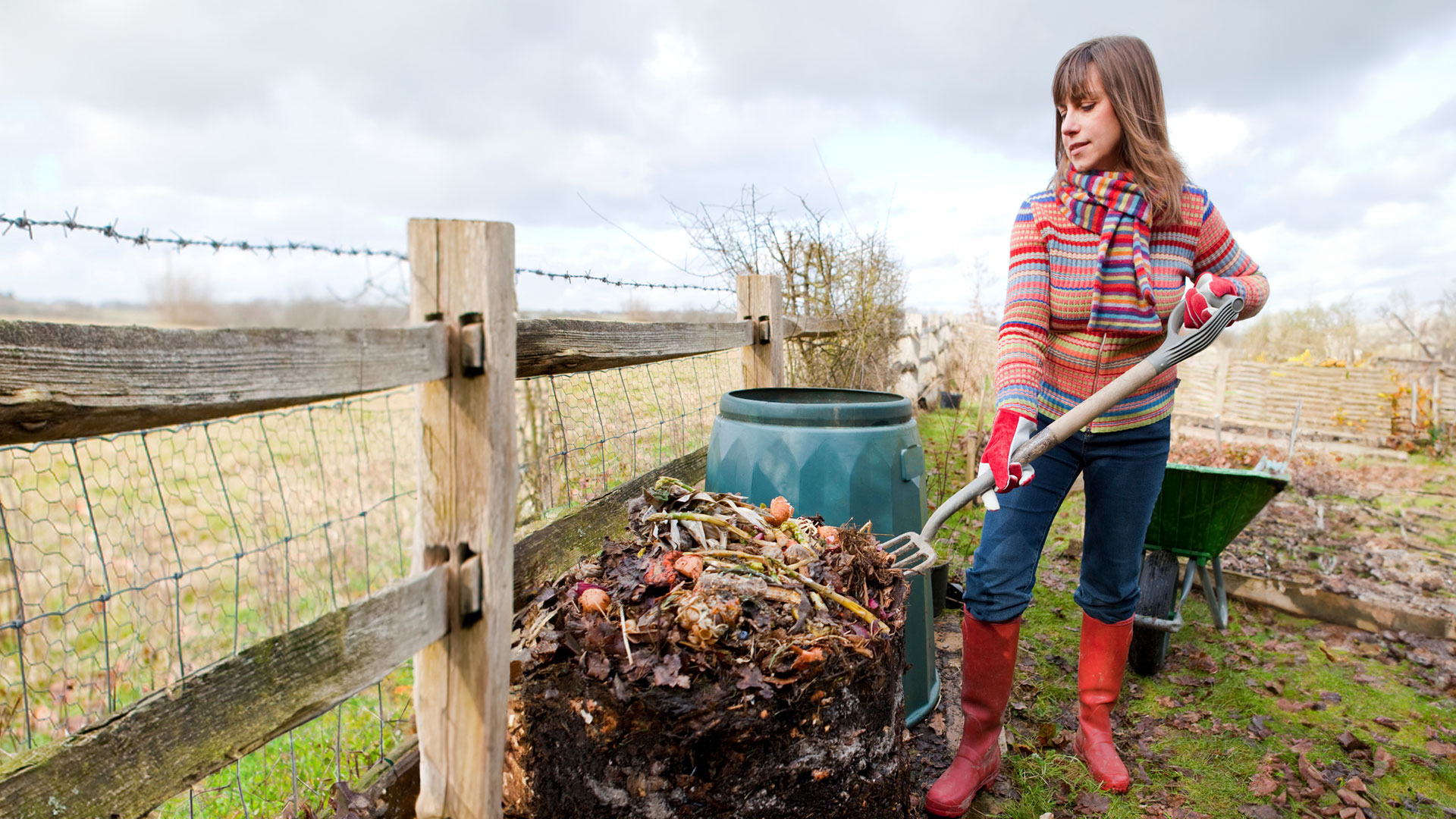
Shaping Policy: The Push for Eco-Friendly National Practices
For a long time, the argument has been made that Defra, the Department for Environment, Food and Rural Affairs of the UK government, should adopt a model similar to what’s practiced at Sandringham and Highgrove. This would involve integrating food waste and compostable packaging recycling into regular doorstep collection services nationwide, a more eco-friendly approach to waste management.
The ongoing debate regarding the use of compostable materials in food waste streams remains unresolved. Ministers have consistently expressed skepticism about the reliability of compostables for this purpose. However, these concerns are challenged by new perspectives, and the presence of a highly influential Head of State, who advocates for sustainable practices, adds significant weight to the argument for compostables.
For commonly used thin, food-contaminated films, it’s crucial that households have access to compostable alternatives to traditional plastics. This access enables them to participate in eco-friendly practices by recycling these materials alongside their food waste, contributing to a more sustainable waste management system.
In this era of environmental challenges, King Charles III stands as a beacon of sustainable practices. His enduring efforts and visionary leadership not only inspire change but also ignite hope for a greener future.









